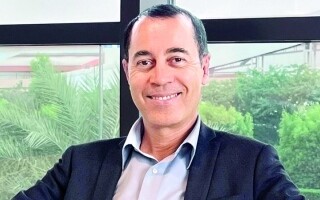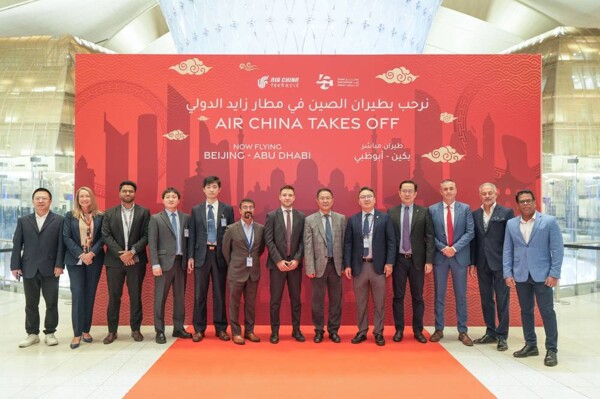
Officials and participants at the Abu Dhabi International Petroleum Exhibition and Conference (ADIPEC 2025) stated that the application of artificial intelligence in the energy sector has contributed to achieving significant savings in operational costs, effort, and time, while reducing errors and risks to a minimum. They confirmed to "Al Ittihad" that the past few years have witnessed a major surge in the use of artificial intelligence across all sectors, especially vital ones, with energy in all its forms—conventional, clean, and renewable—at the forefront. They noted that the United Arab Emirates has made significant strides in establishing a technological and legislative framework that has facilitated the rapid practical application of AI.
In detail, Adel bin Sabih, CEO of Operations at AEQ, an AI solutions company, said: "As a 100% national company owned by both ADNOC and G42, we develop smart solutions in all types of energy, focusing on improving performance, ensuring the protection of assets and personnel, and enhancing and increasing production. We can say that the UAE has become one of the leading countries in AI applications and providing smart solutions to reduce operational costs and increase productivity, which has led to minimizing errors and risks."
Bin Sabih added: "A common misconception about applying AI in various operations is that it replaces humans, eliminates jobs, and so on. In reality, it confirms that AI complements human work, serves their goals, and accelerates growth rates, achieving the set plans and objectives."
He pointed out that improving energy production efficiency requires cooperation from all partners and creating different work environments to apply AI on a large scale, noting that the country's technological and legislative framework greatly facilitates this application, accelerating its spread and highlighting its benefits to the economy as a whole.
Meanwhile, Bernard Dagher, CEO of Strategy and Growth for the Networks Solutions division at GE Vernova in the Middle East and Africa, stated: "Many companies are competing to offer AI solutions in the energy sector in the UAE due to its strong technological and legislative base and remarkable development in adopting medium and long-term strategies that serve the transition to applying AI in all fields."
Dagher added that "the global demand for energy requires significant technical capabilities and human resources, which are difficult to cover entirely by the human element. This is where AI steps in to cover the gap or shortage between reality and requirements, in addition to enhancing operational efficiency and productivity." He highlighted that AI is a complementary tool that boosts efficiency and operational sustainability.
Dagher explained: "What we see today in the UAE is the integration of all types of energy, whether renewable, clean, or conventional, with the application of AI to enhance efficiency within multiple partnerships that contribute to development and growth."
In turn, Charles Milaji, CEO of the Cables unit at Ducab Group, said: "The application of AI in the UAE comes within the government's announced strategies to increase growth in the national economy, supported by a large technological infrastructure." He added: "AI has greatly contributed to increasing production and reducing costs in the industrial and energy sectors and in many large companies, including our own, which now applies AI in all its operations." Milaji noted that AI has created new methods of production and operations management, all of which positively impact the profitability of companies.














